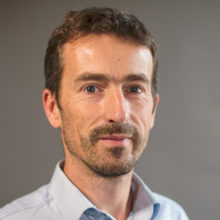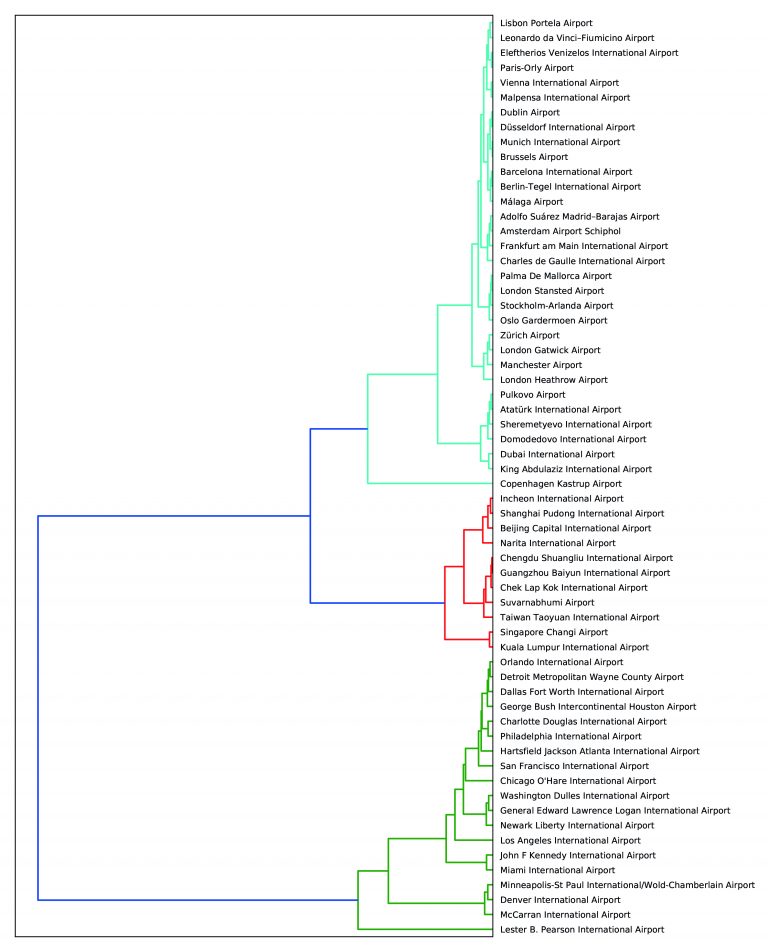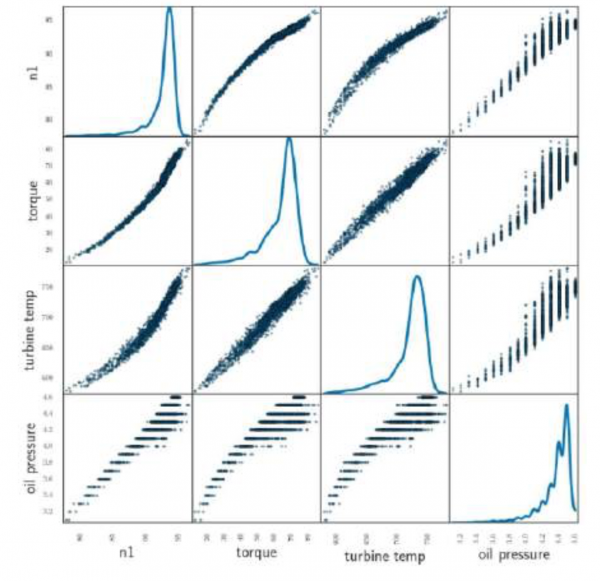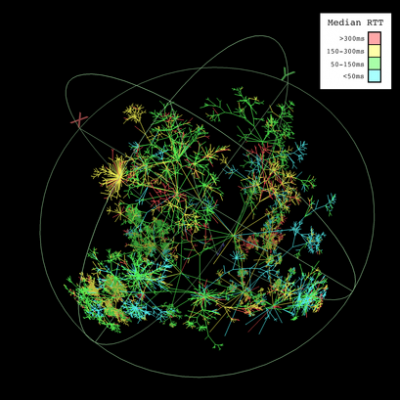
Graphs, which are used to represent links between all types of objects, either physical or virtual, have become crucial in analyzing massive datasets. For example, the Wikipedia encyclopedia can be represented by a graph of the hypertext links of the millions of pages it contains; the sales achieved by a company can be represented as a graph linking products and clients; a corpus of text can be represented by a graph of text similarities. In order to detect outliers, to make predictions and recommendations on this type of data, it is important to have compact representations of graphs, for instance by embedding the nodes in some low-dimensional metric space. The researcher works on this type of representations, in collaboration with Inria and Thalès.

Another research topic of Thomas Bonald is machine learning for multi-variate time-series, as those generated by plane or helicopter engine sensors. How do you detect that the wear condition of an engine is abnormal and how to predict the need for maintenance? Various techniques are being explored, such as recurrent neural networks. This work is carried out as part of a partnership with Safran.

Lastly, he is also interested in the performance of networks and data centers. The idea is to design simple but realistic models for dynamic resource sharing (bandwidth, CPU, RAM, etc.) among users, in order to provide effective dimensioning rules and new resource allocation algorithms. Thomas Bonald has published a book with Mathieu Feuillet, presenting the main techniques for analyzing network performance. He was awarded the Blondel medal in 2013 for his work on this topic, undertaken in Orange labs. His current work is being carried out as part of partnerships with Nokia and Cisco.
